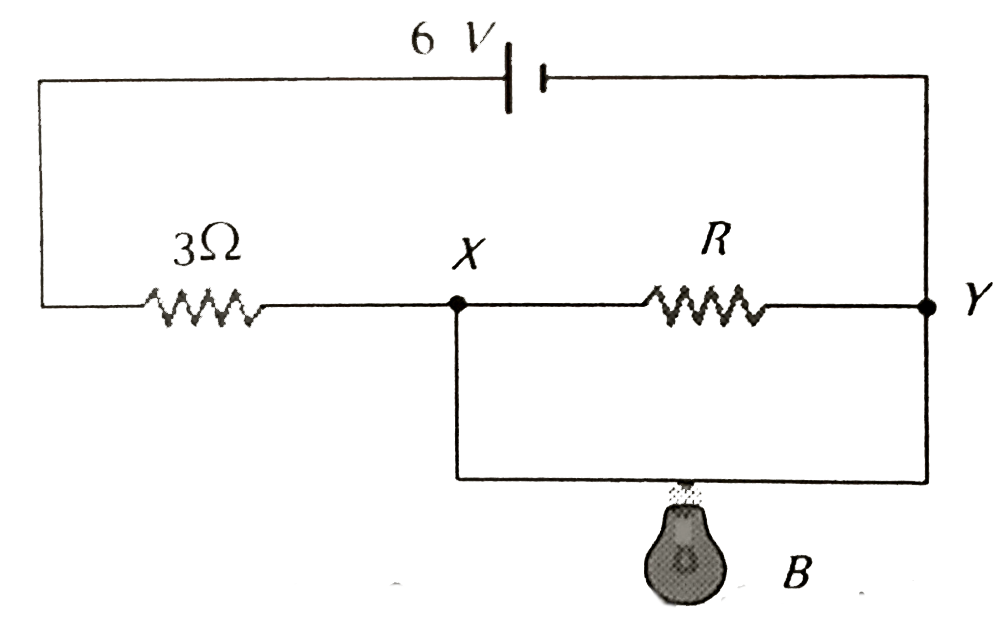v45
15
25
18
10
The correct Answer is:A
Step by step video, text & image solution for v45 by Maths experts to help you in doubts & scoring excellent marks in Class 10 exams.
Topper's Solved these Questions
- BOOK - SCIENCE OLYMPIAD FOUNDATION CHAPTER - ARITHMETIC PROGRESSIONS EXERCISE - EVERYDAY MATHEMATICS5videos
ARITHMETIC PROGRESSIONS
- BOOK - SCIENCE OLYMPIAD FOUNDATION CHAPTER - ARITHMETIC PROGRESSIONS EXERCISE - ACHIEVERS SECTION (HOTS)5videos
ARITHMETIC PROGRESSIONS
- BOOK - SCIENCE OLYMPIAD FOUNDATION CHAPTER - AREAS RELATED TO CIRCLESEXERCISE - Achievers Section (HOTS)5videos
AREAS RELATED TO CIRCLES
- BOOK - SCIENCE OLYMPIAD FOUNDATION CHAPTER - CIRCLESEXERCISE - ACHIEVERS SECTION (HOTS)5videos
CIRCLES
Similar Questions
Knowledge Check
- Question 1 - Select One
If two protons are moving with speed v=4.5×105m/s parallel to each other then find the ratio of electrostatic and magnetic force between them : -
A4.4×105B2.2×105C3.3×105D1.1×105 - Question 2 - Select One
In the following circuit, bulb rated as 1.5 V , 0.45 W . If bulbs glows with full intensity then what will be the equivalent resistance between X and Y
 A0.45ΩB1ΩC3ΩD5Ω
A0.45ΩB1ΩC3ΩD5Ω - Question 3 - Select One
In an electromagnetic wave, the electric field oscillated sinusoidally with amplitude 45V/m−1. The RMS value of oscillating magnetic field will be:
A1.6×10−8 TB16×10−9 TC144×108 TD11.3×10−8 T
Three identical cells of e.m.f. 1.5V are given. Find how we can arrange them to get a total e.m.f. of
(a) 1.5V, (b) 3V, (c ) 4.5V.View SolutionThree identical cells of e.m.f. 1.5V are given. Find how we can arrange them to get a total e.m.f. of
(a) 1.5V, (b) 3V, (c ) 4.5V.View SolutionThree capacitors are connected across a 45 V power supply as shown in fig.what is the charge on the 6μ F capacitor?
View SolutionWrite the values of the following trigonometric ratios .
i. sin30∘=
ii. Cos30∘=
iii. tan30∘=
iv. sin60∘=
v . cos45∘=
vi. tan45∘=View SolutionA 20 μF capacitor is connected to 45 V battery through a circuit whose resistance is 2000 Ω. What is the final charge on the capacitor ?
View Solution

